Affected parties in the forfeiture of properties valued at over K100 million, linked to Emmanuel Mugala—a suspected proxy of former President Edgar Lungu—have applied for leave to appeal the ruling.
Pumulo Malao and Christine Kalelemba, among the interested parties, argued that the Economic and Financial Crimes Court (EFCC) erred in law and fact by proceeding without serving all interested parties and disregarding critical evidence.
They contended that the judgment was rendered without proper consideration of their evidence and that the court failed to adequately assess the evidence presented.
The EFCC had ordered the forfeiture of assets belonging to Mugala, his company Pittscon Zambia Limited, and other directors and shareholders, including Mugala’s son Edson, Peter Malao, Lucky Simbeye, and Alexander Sakala.
The Anti-Corruption Commission (ACC) sought the forfeiture under Section 31 of the Forfeiture of Proceeds of Crime Act (FPOCA), claiming the assets were acquired through illegal means.
The ACC alleged that Mugala, a director and shareholder of Pittscon Zambia Limited, received multiple road maintenance contracts from the Ministry of Local Government between 2018 and 2021.
From March 2018 to April 2022, the ACC’s investigations reportedly identified significant discrepancies, including Pittscon’s ownership of vehicles worth K7 million and the acquisition of residential and commercial properties valued in the tens of millions by various individuals.
Among the allegations, one person was said to own twenty-one residential properties valued over K1.4 million, while another had fourteen shops worth K5.9 million.
Mugala himself was reportedly found to own unnumbered plots worth K41.8 million and multiple residential units valued at K5.8 million, all acquired during the investigation period.
The interested parties argued that their appeal have a reasonable prospect of success and raises significant legal and factual issues that merit the Court of Appeal’s attention.
They assert that their appeal was not frivolous but involved substantial questions of law and fact, pleading with the court to grant their application for leave to appeal, allowing the Court of Appeal to review the judgment in the interest of justice.
WARNING! All rights reserved. This material, and other digital content on this website, may not be reproduced, published, broadcast, rewritten or redistributed in whole or in part without prior express permission from ZAMBIA MONITOR.


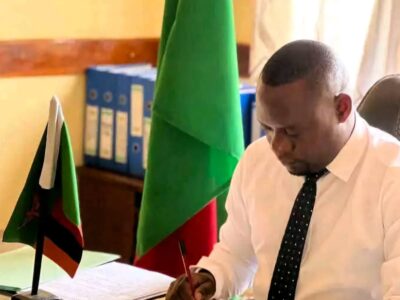
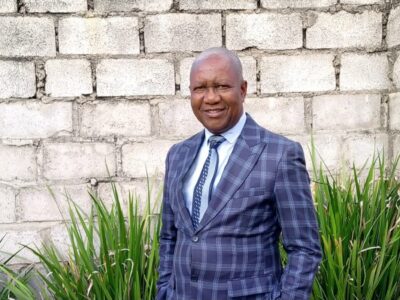
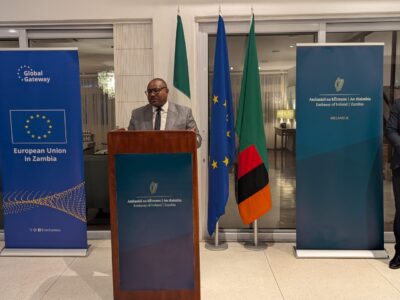
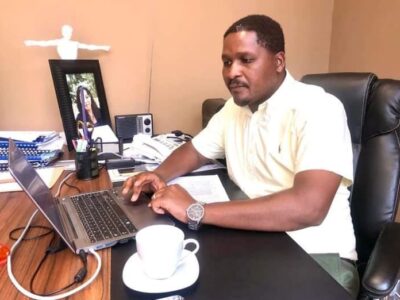
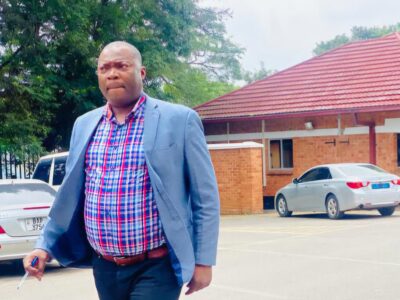

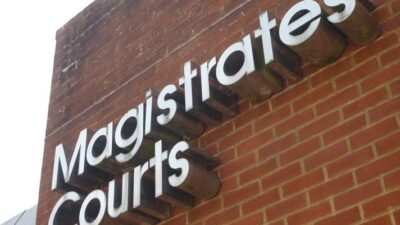



Comments